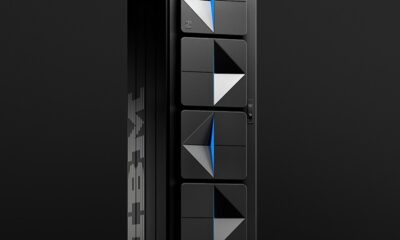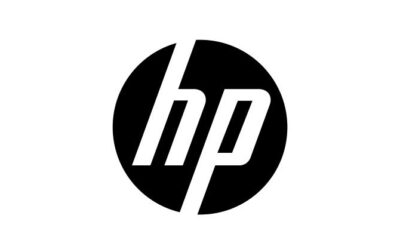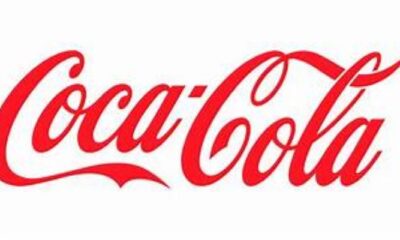Auto
Yamaha Motor’s Push toward Carbon-Neutral Raw Materials –Accelerating the Adoption of Green and Recycled Materials for Aluminum and Plastic–
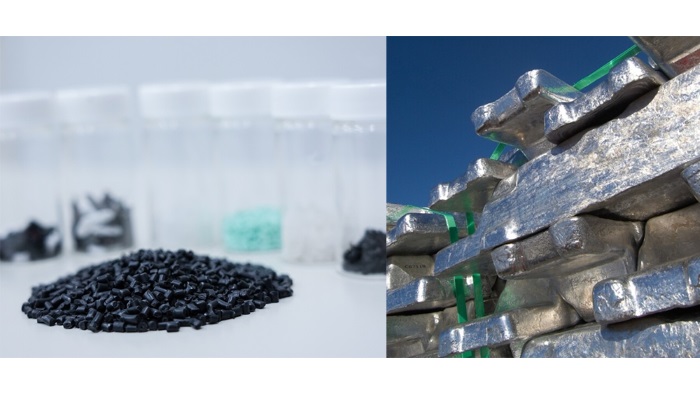
In line with the Yamaha Motor Group Environmental Plan 2050, we are aiming to achieve carbon neutrality*¹ throughout all of our business activities–including the entire supply chain–by 2050. To move the company toward this goal, we are striving to switch to 100% sustainable resources by actively working to adopt and use more green and recycled materials. In this issue, we introduce two examples of this endeavor: green aluminum and eco-friendly recycled polypropylene (PP) plastic.
*1: Emissions as a direct result of business activities (Scope 1 and 2) and emissions outside of these (Scope 3)
■Using Green Aluminum to Complement Recycled Aluminum
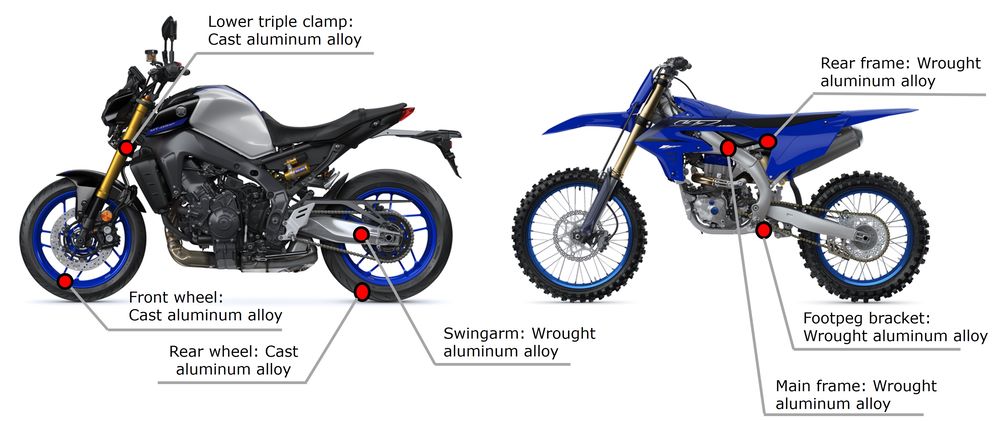
Aluminum is one of the most important raw materials in the manufacture of motorcycles and their parts, and accounts for approx. 12% to 31% of their total vehicle weight (per Yamaha Motor research in 2022), a much higher proportion than automobiles. So adapting green and recycled materials for motorcycles is one very effective approach for reducing CO₂ emissions from the raw material manufacturing part of a product’s life cycle (falls under Scope 3 Category 1 emissions for supply chains).
Through the development of its motorcycle engineering and production technologies to date, Yamaha has actively pushed the use of recycled aluminum. From that, the use of the recycled material has gradually risen to now comprise some 80%*² of the aluminum used companywide. However, from a strength and exterior design standpoint, there are still parts that cannot be replaced by recycled materials. To complement the recycled aluminum already in use, Yamaha decided to focus on green aluminum, which is refined using renewable energy sources to emit less CO₂ in its manufacture. And in February 2023, Yamaha Motor became the first manufacturer to use the material in Japanese motorcycles. This first step will utilize green aluminum for certain parts of our large-displacement and off-road competition motorcycles before expanding the number of models using the material in the future as available supply volumes allow.
*2: Calculated based on the amount of raw material used in 2022 at principal Yamaha Motor factories in Japan and overseas
■Eco-Friendly Recycled Polypropylene Plastic Made from Pre-Consumer Materials
However, making the shift to these materials also presents its own challenges. If such recycled materials do not have a level of beauty and strength comparable to virgin materials, the range of practical applicability is difficult to grow. In order to overcome these issues, it is necessary to be able to trace manufacturing histories and procure raw materials that have not been previously used by consumers, i.e., pre-consumer materials.
Yamaha has successfully developed an eco-friendly recycled PP plastic that will be deployed on 2023 year commuter models destined for ASEAN markets. This plastic is made only from pre-consumer materials, such as purging compounds and scraps generated in the production processes of petrochemical and molding manufacturers. Compared to conventional recycled PP materials, it is possible with this Yamaha-developed alternative to improve part strength and design appeal, making it usable for side molds and fenders that require a higher quality appearance.
Going forward, as this eco-friendly recycled PP plastic grows in use, Yamaha Motor is planning to further raise the usage ratio of such recycled materials in its motorcycles, as well as gradually adopting it in other product categories.
-
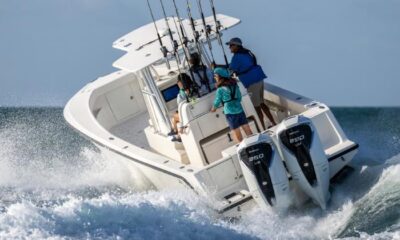
 Auto2 years ago
Auto2 years agoHonda Marine Debuts All-New BF350 Outboard Company’s First V8 Motor Available Commercially, Flagship Model Offers Premium Power and Unparalleled Performance for Extraordinary Boating Experiences
-

 Auto2 years ago
Auto2 years agoNew Features Further Increase Desirability Of Bentayga Range
-

 Technology2 years ago
Technology2 years agoOracle Partners with TELMEX-Triara to Become the Only Hyperscaler with Two Cloud Regions in Mexico
-
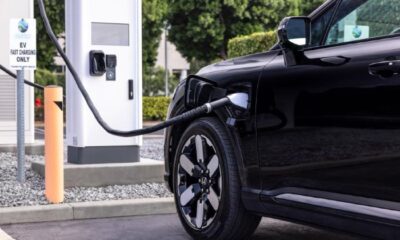
 Auto2 years ago
Auto2 years agoHonda and Acura Electric Vehicles Will Have Access to Largest EV Charging Networks in North America Aided by New Agreements with EVgo and Electrify America
-

 Lifestyle2 years ago
Lifestyle2 years ago2023 Nike World Basketball Festival Brings the Best of Basketball Style, Culture and Community

